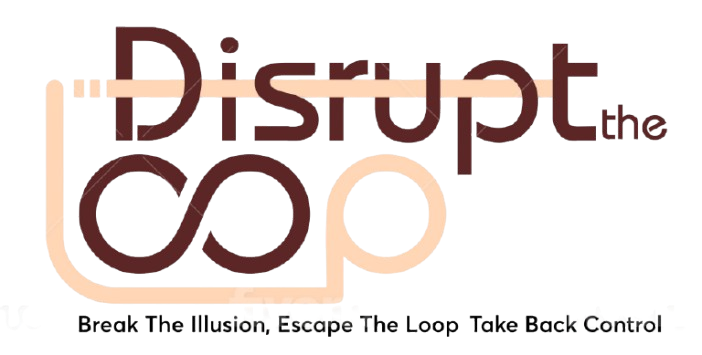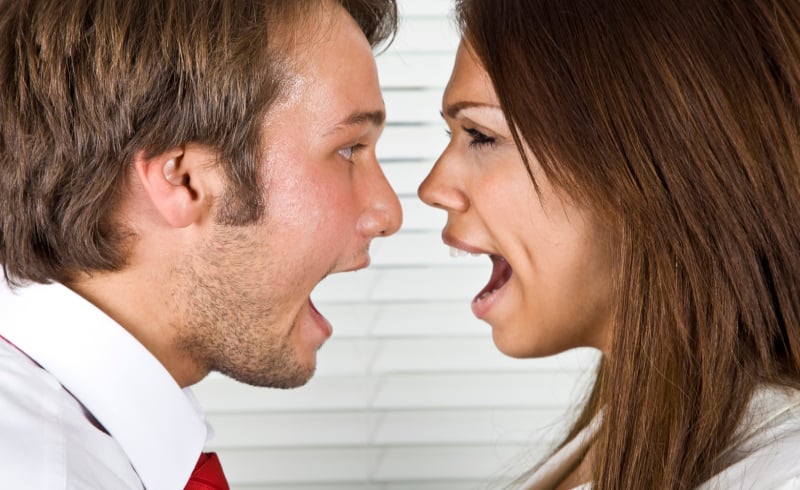Is Hatred Healthy? The Surprising Role of a Controversial Emotion
Hatred has a bad reputation. It’s often associated with violence, ignorance, and destruction. Society, religion, and cultural norms tell us that hatred is an emotion we should reject, suppress, or feel ashamed of. But is it really that simple? Can hatred have a purpose? Can it, in some cases, be as useful as it is dangerous?
The Unexpected Power of Hatred
Admit it: Hating something or someone doesn’t always feel bad. Sometimes, it feels empowering. It can fuel our sense of justice, strengthen our convictions, and drive us to take action. Hatred toward oppression has led to revolutions. Hatred toward injustice has sparked social change. Even hatred toward a fictional villain can make a story more engaging and emotionally compelling.
Yes, hatred often comes with an immediate impulse to lash out—to destroy. Left unchecked, it can lead to regret, violence, and self-destruction. But when channeled properly, hatred can serve as a scanner of our deepest values. It reveals what matters to us, what we are willing to fight for, and what we must learn to navigate with self-awareness and control.
The Misunderstood Mirror of Hatred
Rather than pretending we are incapable of hatred—or worse, hating ourselves for feeling it—we can use it as a tool for self-discovery. When we recognize our own hatreds, we gain insight into our priorities, traumas, and sensitivities. Instead of letting it fester unchecked or denying it exists, we can engage with it mindfully.
- Why do we hate what we hate?
- What does our hatred say about us?
- How can we transform it into something constructive rather than destructive?
Acknowledging hatred doesn’t mean acting on it recklessly. It means learning from it, managing it, and ensuring it doesn’t control us. In its inherent volatility, hatred teaches restraint. It challenges us to master our emotions rather than being mastered by them.
Hatred vs. Love: Two Sides of the Same Coin
If hatred is unhealthy because it can cause pain and suffering, then what about love? Love, for all its joys, can also hurt. Unreciprocated love wounds deeply. Losing someone we love can be devastating. Love has driven people to acts of both profound kindness and reckless obsession.
Love and hatred stand opposite each other on the spectrum of human emotions, but they share a common intensity. Both have the power to inspire, to motivate, and to consume. The real question is not whether one is inherently better or worse than the other, but how we choose to engage with them.
The Thin Line Between Destruction and Strength
Hatred has fueled strength, courage, and even heroism. When faced with true injustice, hatred can drive people to fight for what they believe in. However, history has also shown that unchecked hatred can lead to tragic consequences when used to justify violence and intolerance.
This is why self-awareness is key. Hatred can be a guide, but it must be tempered with critical thinking and compassion. We can acknowledge its existence without letting it consume us. We can recognize why we feel hatred and choose a response that aligns with our values rather than reacting impulsively.
Can We Accept Hatred Without Letting It Define Us?
Studies suggest that hatred is built into our neurobiology. It’s an unavoidable part of being human. But instead of fearing it or feeling guilt for experiencing it, we can learn to navigate it wisely.
- Can we observe hatred without being ruled by it?
- Can we acknowledge its lessons without becoming consumed by its fire?
- Can we harness its energy for meaningful change instead of destruction?
Rather than hating our own hatred—or ourselves for feeling it—we can seek to understand it. We can use it as a tool for growth rather than a weapon for harm. In doing so, we move from being controlled by our emotions to mastering them, making hatred not an enemy, but a teacher.
Final Thoughts
Hatred, like love, is a powerful emotion. It can lead to destruction or transformation, depending on how we engage with it. By examining its roots, questioning its impact, and choosing how we respond, we can turn one of the most controversial emotions into an unexpected force for insight and change.
So, rather than rejecting hatred outright, let’s ask ourselves: How can we use it to better understand who we are and what we stand for?

